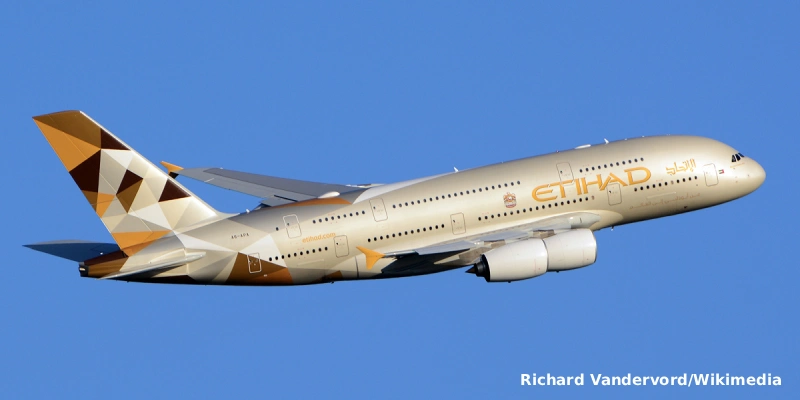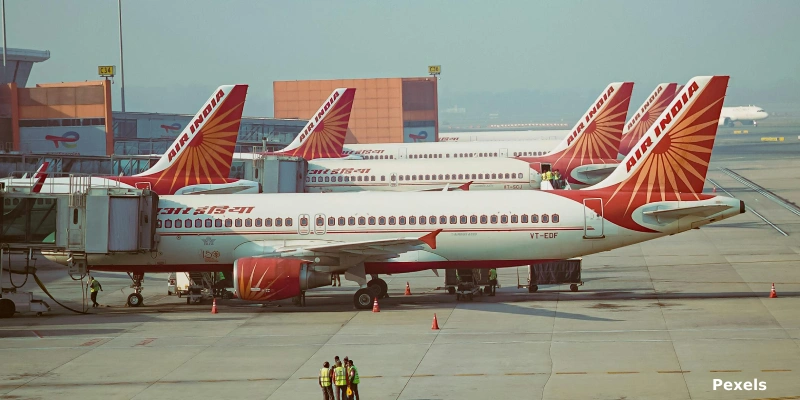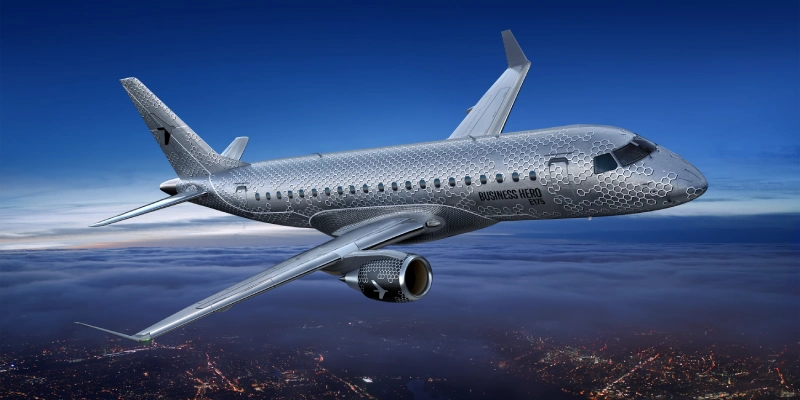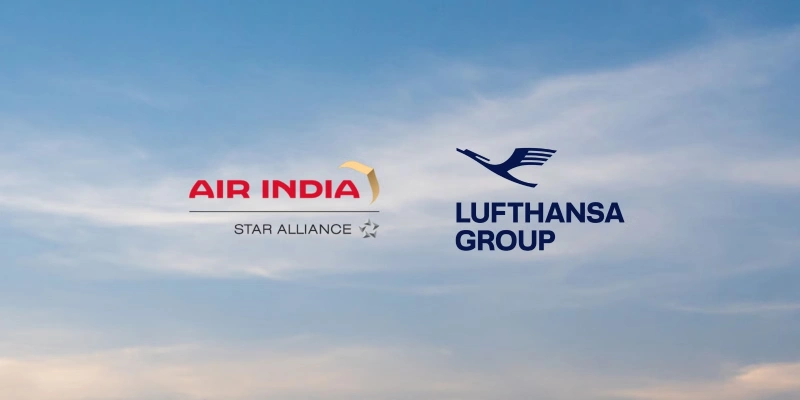Patience is wearing thin in Dubai. Emirates President Tim Clark delivered a strong message to Boeing and Airbus, holding them directly responsible for persistent supply chain issues severely impacting the delivery of new aircraft. “I’m quite tired of the self-pity about the supply chain—you are the supply chain,” Clark stated during a press briefing on the sidelines of an aviation industry summit.
Emirates, the world’s largest international airline, has long awaited new aircraft to modernize its fleet with more fuel-efficient models and expand its routes. However, delays of months or even years by the manufacturers have complicated these plans.
Boeing: Cautious Optimism Despite Prolonged Crisis
Clark acknowledged, however, that Boeing appears more determined to resolve its issues. “We’re seeing a more positive tone,” he said after high-level meetings with the U.S. manufacturer. Boeing is working to stabilize and increase production following a severe quality crisis and a labor strike that halted much of its aircraft manufacturing last year.
A key focus is the 777X, the new wide-body jet whose delivery is now six years behind schedule. Emirates has 205 units of this model on order and has been informed that the first delivery could occur between the second half of 2026 and the first quarter of 2027. Despite the significant delay, the airline sees signs of progress in the Federal Aviation Administration (FAA) certification process.
→ A New Standard of Excellence in the Skies: Emirates Unveils Further Enhancements to First Class
Airbus: Another Three Years of Delays
The outlook with Airbus is no more encouraging. According to sources cited by Reuters, the European manufacturer has warned airlines of potential supply chain delays of up to three additional years as it struggles to resolve its logistical backlog. This adds pressure to an industry already strained by bottlenecks and growing demand for more sustainable aircraft.
Engines: GE Absorbs Tariffs, Rolls-Royce Remains Under Scrutiny
Clark also addressed the impact of tariff wars initiated by former U.S. President Donald Trump, noting that Emirates has not seen significant changes in demand. In this context, he stated that he expects GE Aerospace, the engine supplier for part of the fleet, to absorb the tariff impact within its own operational margins.
In contrast, he reiterated skepticism toward Rolls-Royce. The British firm has faced challenges with some of its engines operating in extreme climates, such as those in the Gulf region. Still, Clark left the door open: “There are still opportunities for Rolls-Royce in the region—if they can deliver the performance we need.”
With these statements, Emirates sends a clear message: the time for excuses is over. The airline demands concrete solutions from its suppliers at a time when the pressure to modernize fleets and maintain global competitiveness has never been higher.
Related Topics
Etihad to Deploy Airbus A380 to Bangkok for First Time: Increased Capacity and Thailand Debut of “The Residence”
Air India Records Highest Rate of Technical Incidents in 14 Months During January
Embraer and Adani Defence & Aerospace Elevate Alliance: Agreement for an E175 Final Assembly Line in India
Lufthansa Group and Air India Sign MoU for Joint Business Agreement Following EU-India Free Trade Deal

Plataforma Informativa de Aviación Comercial con 13 años de trayectoria.




